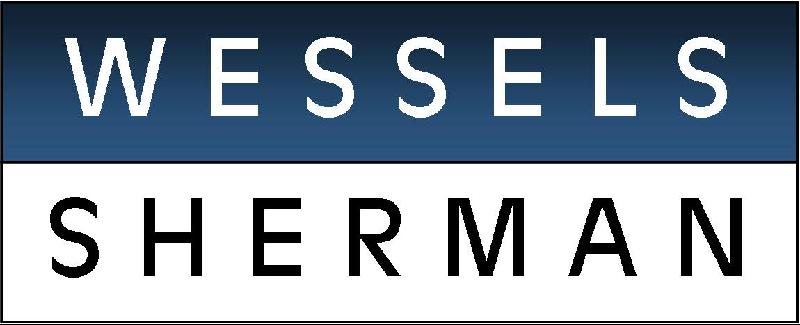July 2015
By: James B. Sherman, Esq.
Within the past month, the U.S. Department of Labor (DOL) has taken two separate actions to greatly expand the reach of the Fair Labor Standards Act (FLSA) to require overtime pay for millions more workers. The first action taken on June 30th, was the DOL's release of proposed regulations aimed at doubling the minimum salary needed to meet the so-called white collar exemption to the FLSA's minimum wage and overtime requirements. If the proposal becomes final it will result in the reclassification of an estimated 4.6 million workers from exempt to non-exempt status, entitling them to overtime pay. The DOL's second action was taken on July 15th, when the Wage and Hour Division of the DOL released an "Administrator's Interpretation" addressing what was termed the "misclassification" of workers as independent contractors rather than employees. This interpretation may result in many more workers who presently are treated as independent contractors, being reclassified as employees for purposes of the FLSA and, thus, entitled to overtime pay.
While many employers have heard about the DOL’s proposed new minimum salary for exempt employees, few have heard about its position on “misclassification” of independent contractors. In either case, employers should brace for the impending changes that these new measures will soon bring. In addition to keeping records on millions more workers who are expected to be entitled to overtime pay, all of those reclassified individuals represent a new pool of potential plaintiffs to join the ever growing surge of wage and hour lawsuits.
1. The Proposed New White Collar Exemption Regulations
This is only the second time in more than 50 years that the DOL has proposed revisions to its regulations implementing the exemption from minimum wage and overtime pay under the Fair Labor Standards Act (FLSA) for executive, administrative, professional, outside sales, and computer employees. The nearly 300 pages of bureaucratic data and legalese of the proposal can be summarized as follows:
- More than doubling the minimum salary for the white collar exemption, from $455/week ($23,660 annually) to a figure equivalent to the 40th percentile of earnings for all full-time salaried workers. The current estimate for the first quarter of 2016 when the proposed rule may go into effect, is a new minimum salary requirement of approximately $970/week ($50,440 annually).
- Increasing the “highly compensated employee” definition from $100,000 to $122,148 annually (equal to the 90th percentile of earnings for full-time salaried workers);
- Automatic annual updates to these foregoing minimum salaries based on a fixed percentile of earnings or cost of living indicators; and
- While not yet making specific proposals to modify the “duties test” for white collar exemptions, the DOL is seeking further comments from the public over its concern that some exempt employees may be performing a “disproportionate amount of non-exempt work.”
The DOL is accepting comments from the public on its proposed rule before it issues the final version. Timely comments must be recovered by the Department no later than August 29, 2015. To learn more about these proposed regulations and how they may impact whether employees currently regarded as exempt, may soon be non-exempt and entitled to overtime pay, attend our TIMELY WEBINAR (see below to register).
2. The Independent Contractor Administrative Interpretation
According to this new interpretation individuals previously thought to be independent contractors rather than employees, will now be assessed under a new standard. According to the DOL’s new interpretation, the key question in whether a worker is an independent contractor or an employee for purposes of the FLSA is whether the worker is economically dependent on the employer or in business for him or herself. The interpretation goes on to list and describe the following six factors to be considered in determining whether a worker is an employee or independent contractor (with examples for each): (1) Is the work an integral part of the employer’s business? (2) Does the worker’s managerial skill affect the worker’s opportunity for profit or loss? (3) How does the worker’s relative investment compare to the employer’s investment? (4) Does the work performed require special skill and initiative? (5) Is the relationship between the worker and the employer permanent or indefinite? (6) What is the nature and degree of the employer’s control? No single factor is determinative, and the interpretation states that these factors should all be interpreted within the broader concept of “economic dependence.”
The DOL’s new interpretation openly declares that under the foregoing analysis most workers will be considered employees rather than independent contractors. The close timing of these two measures highlights the DOL’s intention to expand the FLSA’s minimum wage and overtime requirements to millions more workers. Employers should act now to prepare for the potential of having numerous exempt employees and/or independent contractors who soon may be eligible for overtime pay and all the many related concerns of tracking time worked, lunch breaks, work from home, etc.
______________________________________________________________________________
To prepare for these sweeping changes or for assistance in determining whether your workers are properly classified as employees vs. independent contractors, or exempt vs. non-exempt, contact attorney James Sherman in our Minneapolis office, at (952) 746-1700, or email him at jasherman@wesselssherman.com.



